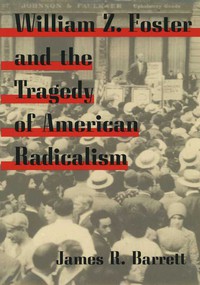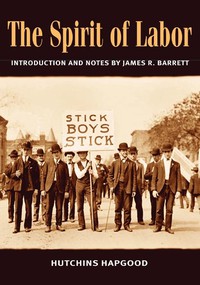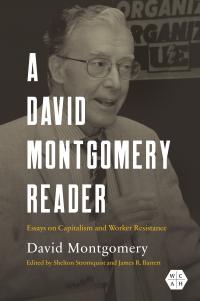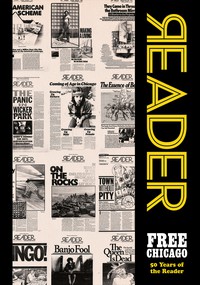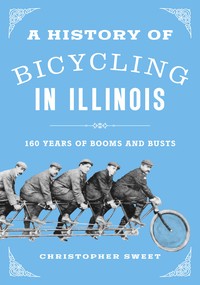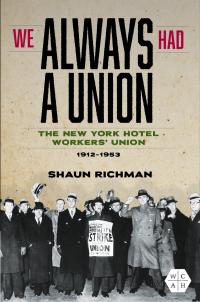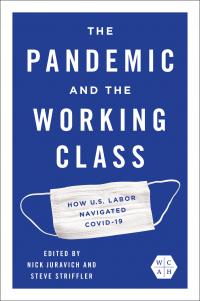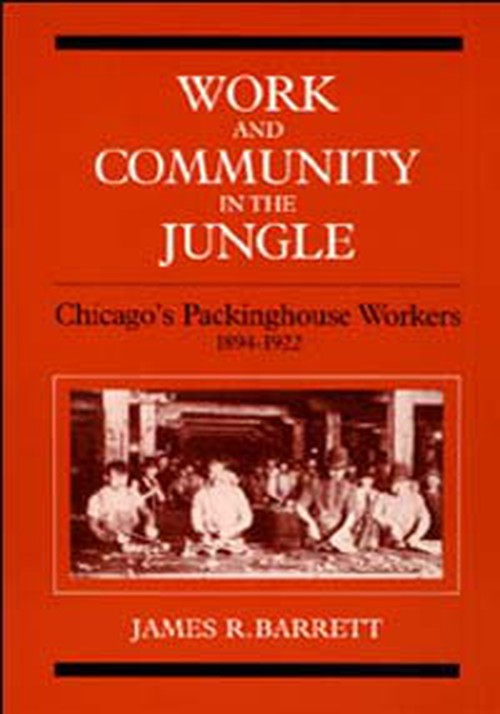
Work and Community in the Jungle
Chicago's Packinghouse Workers, 1894-1922
Exploring the everyday lives of Chicago's meatpacking workers
Paper – $29
978-0-252-06136-3
Publication Date
Paperback: 01/01/1990
About the Book
Mythologized by Upton Sinclair as hopeless, Chicago's packinghouse workers were in fact active agents in the early twentieth century transformation that swept urban industrial America. James R. Barrett's award-winning study explores how the lives and neighborhoods of packinghouse workers convey the experience of mass production work, the quality of working class life, the process of class formation and fragmentation, the effects of unionization, and the changing character of class relations. Merging history and analysis with contemporary social surveys and a computer-assisted analysis of census data, Barrett delves into a wide range of social, economic, and cultural factors that resulted in class cohesion and fragmentation.Reviews
"A first-class study of urbanization, immigration and ethnic influences, corporate technology and management, social conditions, and the impact of war on a specialized sector of the economy. Solidly researched, the volume is written in an exciting, absorbing style."--Illinois Historical JournalBlurbs
"Barrett's book on the Chicago packinghouse workers revises in important ways our notions about how class formation took place among immigrant industrial workers. It is a fine example of the innovative work currently underway on the social history of American labor."--David Brody, author of Workers in Industrial America: Essays on the Twentieth-Century Struggle
